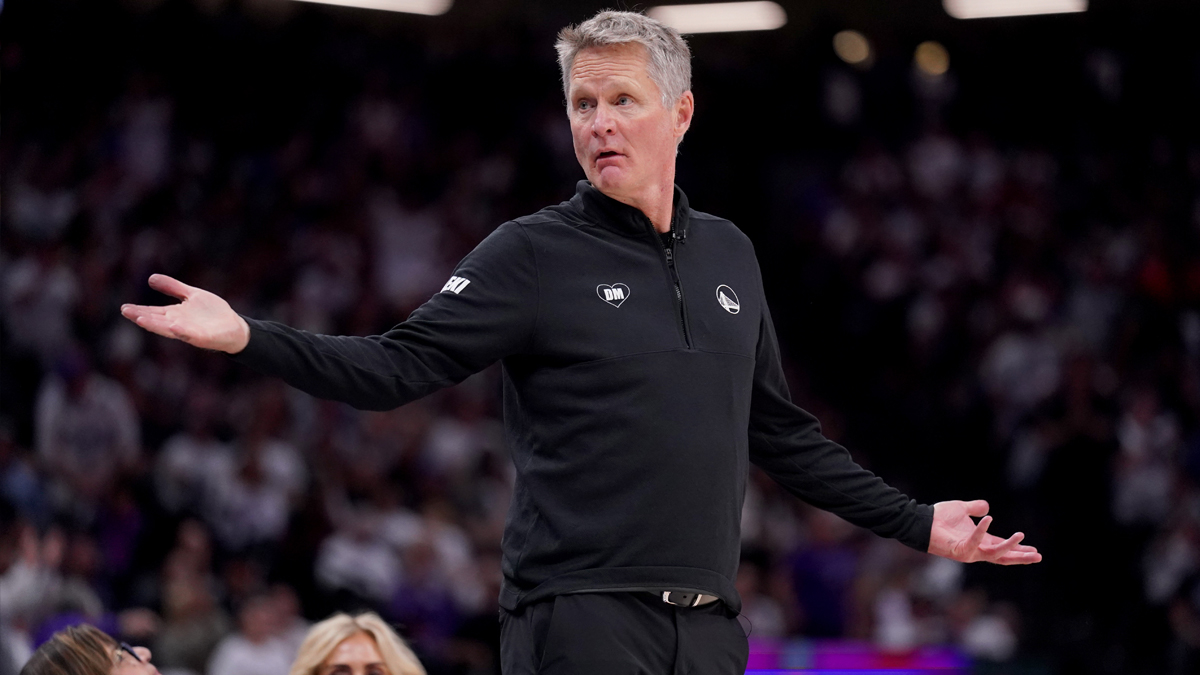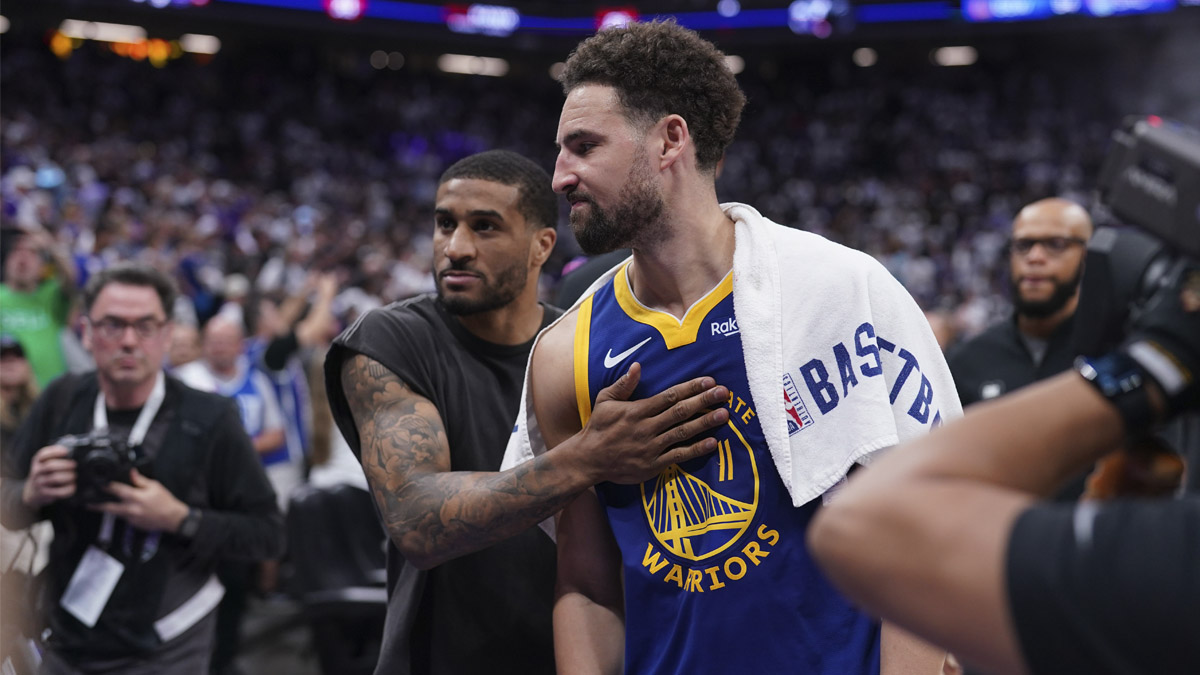Pressure shames Sarver into selling Suns, as he should originally appeared on NBC Sports Bayarea
Robert Sarver announced Wednesday that he has decided to sell the Phoenix Suns, not because he wants to but because he can’t tolerate the rising tide of public condemnation.
The kind of condemnation that comes not because he is a bully but because the conduct whispered in NBA circles for years was exposed to the world.
What Sarver underestimated is this: When you buy an NBA team and you’re transparent in your racism, shameless in your misogyny and take sadistic pride in mistreating employees – as he did for 18 years – the timer is always ticking.
Get a weekly recap of the latest San Francisco Bay Area housing news. Sign up for NBC Bay Area’s Housing Deconstructed newsletter.
When the ticking stopped last week and the clock flashed zeros, Sarver still believed his wealth and status would save him. If this were the NFL or the NHL or Major League Baseball, he might have been spared.
But the NBA, which presents itself as the most progressive of the major sports in North America, has little tolerance for embarrassment and less tolerance for toxicity. When Sarver’s serial workplace crimes came to light via an ESPN investigative report, and subsequently explored by the NBA, he was suspended for one year and fined him $10 million.
That relatively tepid move to banish Sarver was followed by many more. The WNBPA wanted him gone, as did Suns’ sponsors. LeBron James, the most powerful player in the NBA, took to social media to express his disgust. Chris Paul, whose paychecks are signed by Sarver, shared his disapproval. Draymond Green on Tuesday urged the other 29 governors to vote, with the hope Sarver would be forced to sell.
Sports
The most powerful strike of all, though, was landed late last week by Jahm Najafi, a minority owner of the Suns who issued a statement calling for Sarver to resign.
At that point, putting the team up for sale was inevitable. Sarver is leaving because the players want him out. Because the league wants him out. Those funding his team want him out. His lieutenants want him out.
For 14 years, Sarver failed to check himself or allow anyone the authority to check him. Yet his crude and abusive behavior is not so unusual. There are elements of it among many men and women who run sports franchises, as well as other aspects of life on planet earth, as discussed in a recent conversation with NBC Sports Bay Area.
“If in the history of the United States, racists and sexists couldn’t be CEOs and owners and decision-makers, not only in sports but in every walk of life, how many CEOs and presidents would we actually have?” wonders veteran journalist Vincent Goodwill, a national NBA writer at Yahoo Sports.
A glance at American society in 2022 tells us Sarver’s boorish ways are not unique. They exist among politicians and entertainers, among school administrators and political commentators. It can be found in hundreds, if not thousands, of executive suites in and out of sports.
But there’s a price to pay when it becomes so unrelenting that it is revealed beyond the workplace.
It’s not uncommon and, with history as our guide, unlikely to be eradicated from humanity. Or, rather, inhumanity.
“The crazy thing is, even if it’s not fixable, you can’t stop fighting it,” Goodwill says. “That would do a disservice to the shoulders we stand on today, the generations past that fought battles they were not able to reap the rewards from.
“It is incumbent on us to continue the conversation, to keep talking about it, to open eyes. Even if you can’t change hearts, you have to make people aware. You can’t hold people accountable if you stay quiet.”
Sarver’s fall followed a shove from those who existed within his orbit. Those he insulted and tormented. Those he reduced to tears and sought therapy. Once their words were conveyed to the public, he had one foot on a canoe to pariah’s perdition.
The timer on Sarver finally flashed zeros. The gig of his lifetime blew up on his sorry backside. He will, however, make a handsome profit. Sarver bought the Suns in 2004 for $401. The latest valuations by Forbes place the franchise worth at $1.8 billion. Take the money and start rowing.
Good riddance. He was an incorrigible man deaf to the ticking in his midst, foolish enough to think it wouldn’t matter or arrogant enough to ignore it.
There is a lesson others can learn from the Sarver experience, even if he was too ornery to learn it. A boss with a spiteful hand and a cold heart also needs at least one good ear and a willingness to listen.



